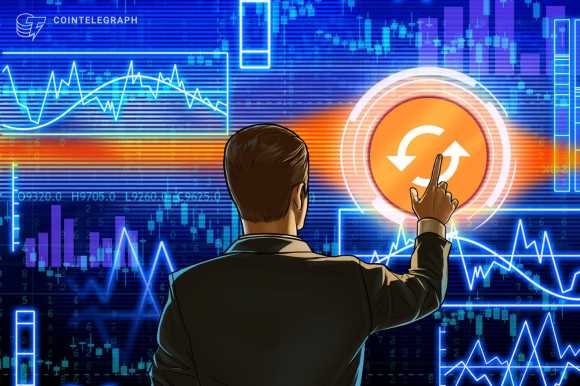Nonfungible token (NFT) marketplace OpenSea is sunsetting its on-chain royalty enforcement tool — Operator Filter — that allows creators to blacklist NFT marketplaces that don’t enforce royalties.
The change is set to take effect on Aug. 31, according to an Aug. 17 statement by OpenSea founder and CEO Devin Finzer.
The Operator Filter feature was first introduced in November 2022 and was described as a “simple code snippet” that could restrict NFT sales to only marketplaces that enforced creator fees.
However, Finzer said that the tool hadn’t had the success they had hoped, as it didn’t have the needed support from the NFT ecosystem.
Finzer claimed that NFT marketplaces such as Blur, Dew and LooksRare had circumvented the Operator Filter by integrating the Seaport Protocol to bypass OpenSea’s blacklist and therefore avoid creator fees.
Finzer said they also saw pushback from creators, who saw the tool as encroaching on their control over where their collections were sold.
“We have heard from some creators that the Operator Filter limits their sense of control over where their collections are sold, and at the same time may collide with a collector’s expectation of full ownership.”
“The Operator Filter’s restrictions come at the expense of decentralized ownership,” he added.
Finally, Finzer explained that while creator fees are useful for certain business models, its only one of many revenue streams available to creators and there are a number of other use cases of NFT technology that need to be considered.
“We’ve dedicated a large part of our roadmap to power new use cases — starting with digital and physical redeemables — and to merchandise those use cases more effectively across primary and secondary experiences,” he said.
Related: Reddit prepares to drop Gen 4 collectible avatars on Polygon
Starting from Aug. 31, the Operator Filter will no longer block any marketplaces. However, any collections that are using the tool and for existing collections on non-Ethereum blockchains, the creator’s preferred fees will be forced up to Feb. 29, 2024.
“To be clear, creator fees aren’t going away — simply the ineffective, unilateral enforcement of them,” Finzer added.
A possible blow for NFT artists
The move is considered by some to be a potential blow for NFT artists looking to make passive income.
Several members of the NFT community expressed disappointment toward OpenSea’s decision, stating on Aug. 17 that collectors should support NFT creators on platforms that mandate royalties:
However, a Reddit avatar artist believes it may have been the right move, suggesting the business model aimed to profit too much off of hype trading.
Magazine: NFT Collector: Grails’ lucky dip of famous NFT artists, new hope for PFP holders
Source: Read Full Article
